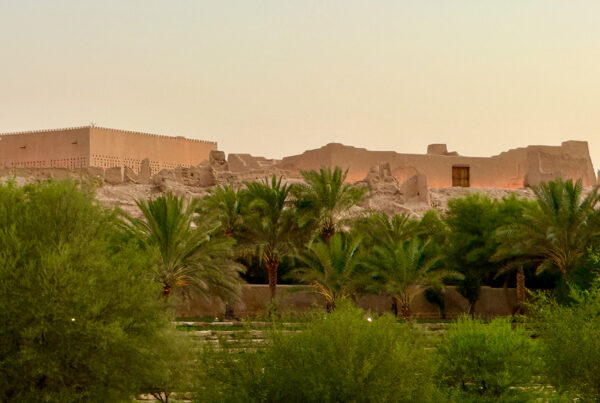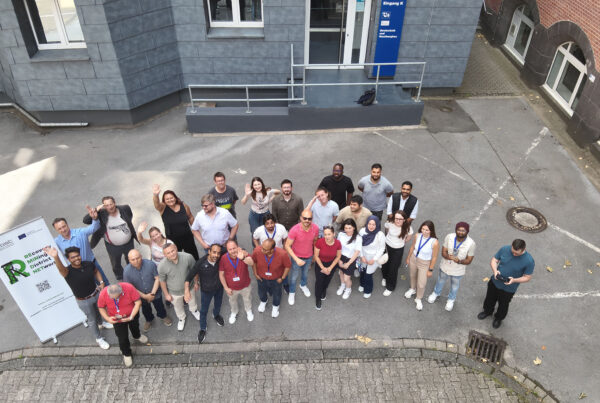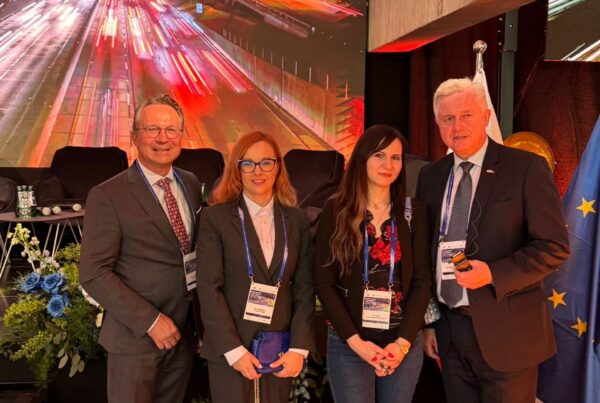How can the transformation of former mining regions be made sustainable? What experiences and knowledge can be transferred from the Ruhr region to other European regions?
These questions were the focus of a high-ranking 16-strong delegation from Poland when they visited the Research Center of Post-Mining (FZN) at the Georg Agricola University of Applied Sciences (THGA). The delegation was led by Leszek Pietraszek, Deputy Marshal of the Silesian Voivodeship.
German-Polish exchange with tradition
The Research Center of Post-Mining has maintained a close partnership with the Central Mining Institute (GIG) in Poland for many years. Through joint EU projects, regular visits and the constant exchange of information on proven strategies and new challenges, a network has been created that provides cross-border support for post-mining topics.
This spirit of this cooperation was once again evident during the Polish delegation's recent visit, which was attended by representatives of the Polish Parliament and Senate, the Supreme Mining Authority, trade unions and mining companies. Intensive discussions made it clear that change in the mining industry requires innovative solutions based on knowledge and experience.
Innovative solutions for structural change
The FZN team presented its current research priorities and projects to the Polish delegation. Julia Haske, Barbara Teichert and Stefan Möllerherm explained in particular the work on perpetuity tasks and mine water management, geomonitoring and the reactivation and transition of former mining regions, which met with great interest.
In the following discussion round, central challenges of post-mining were examined from various perspectives. The participants exchanged views on underground pumped storage plants, the sustainable use of mine water, the implementation of the EU Methane Directive and methane monitoring in the Ruhr region. Another key topic was the creation of new jobs in former mining regions and the training of future specialists in the post-mining sector.
The visit from Poland provided valuable insights into different approaches to structural change. While the FZN shared its experience and scientific findings, it was also able to gain new impetus for future research questions from the perspectives of its Polish partners. The exchange highlighted the importance of international cooperation in order to further develop proven concepts and develop strategies for sustainable transformation.
The visit shows: Structural change is a European challenge - and the German-Polish exchange in particular provides valuable impetus as to how former mining regions can be transformed for the future.
Contact
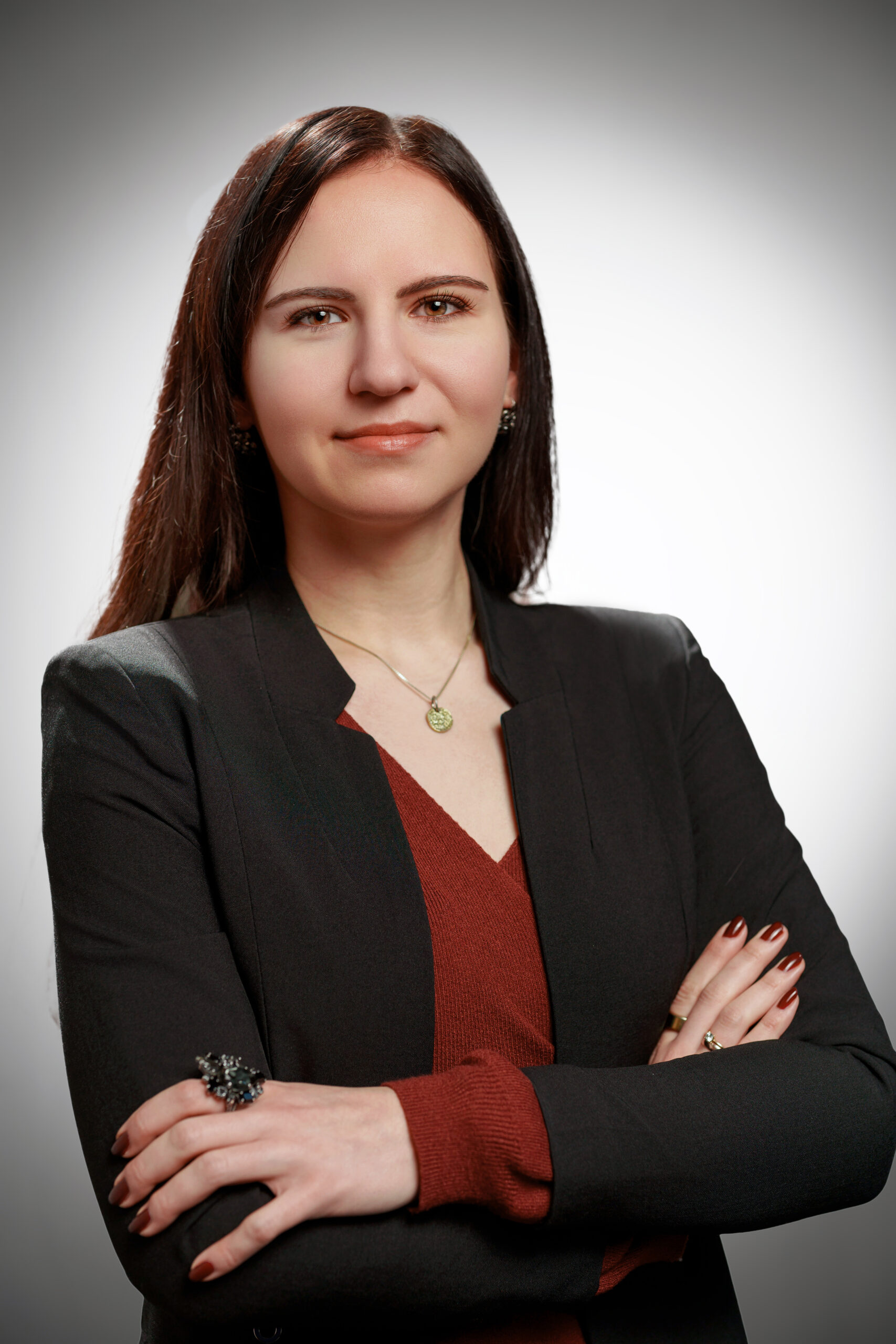
Julia Haske, M.A.
Technische Hochschule Georg Agricola University
Herner Street 45
44787 Bochum
Building 2, room 202
Phone 0234 968 4147
Mail julia.haske@thga.de
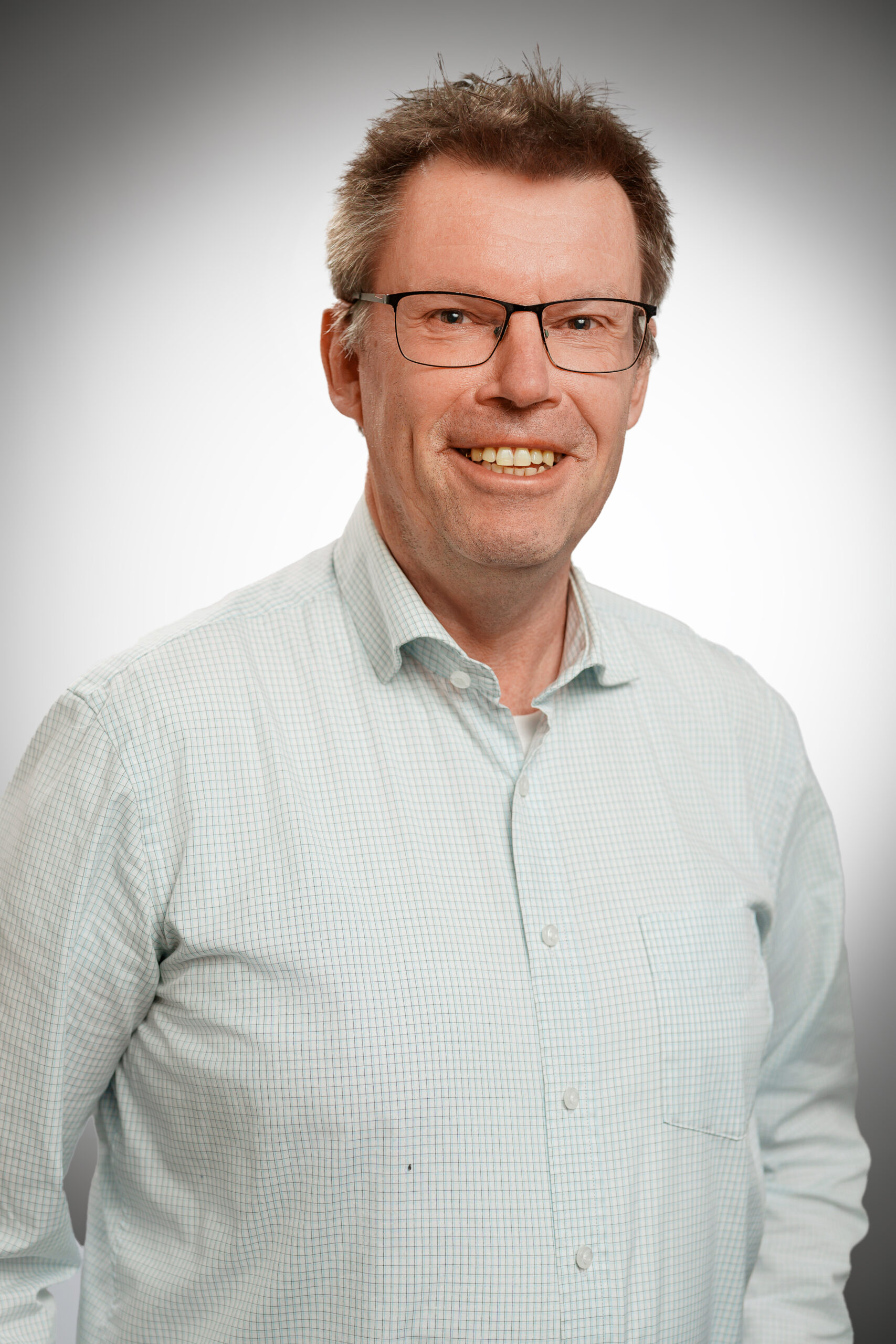
Prof. Dr.-Ing. Dipl.-Wirt.Ing. Stefan Möllerherm
Technische Hochschule Georg Agricola University
Herner Street 45
44787 Bochum
Building 2, room 106
Phone +49 234 968-3272
Mail stefan.moellerherm@thga.de
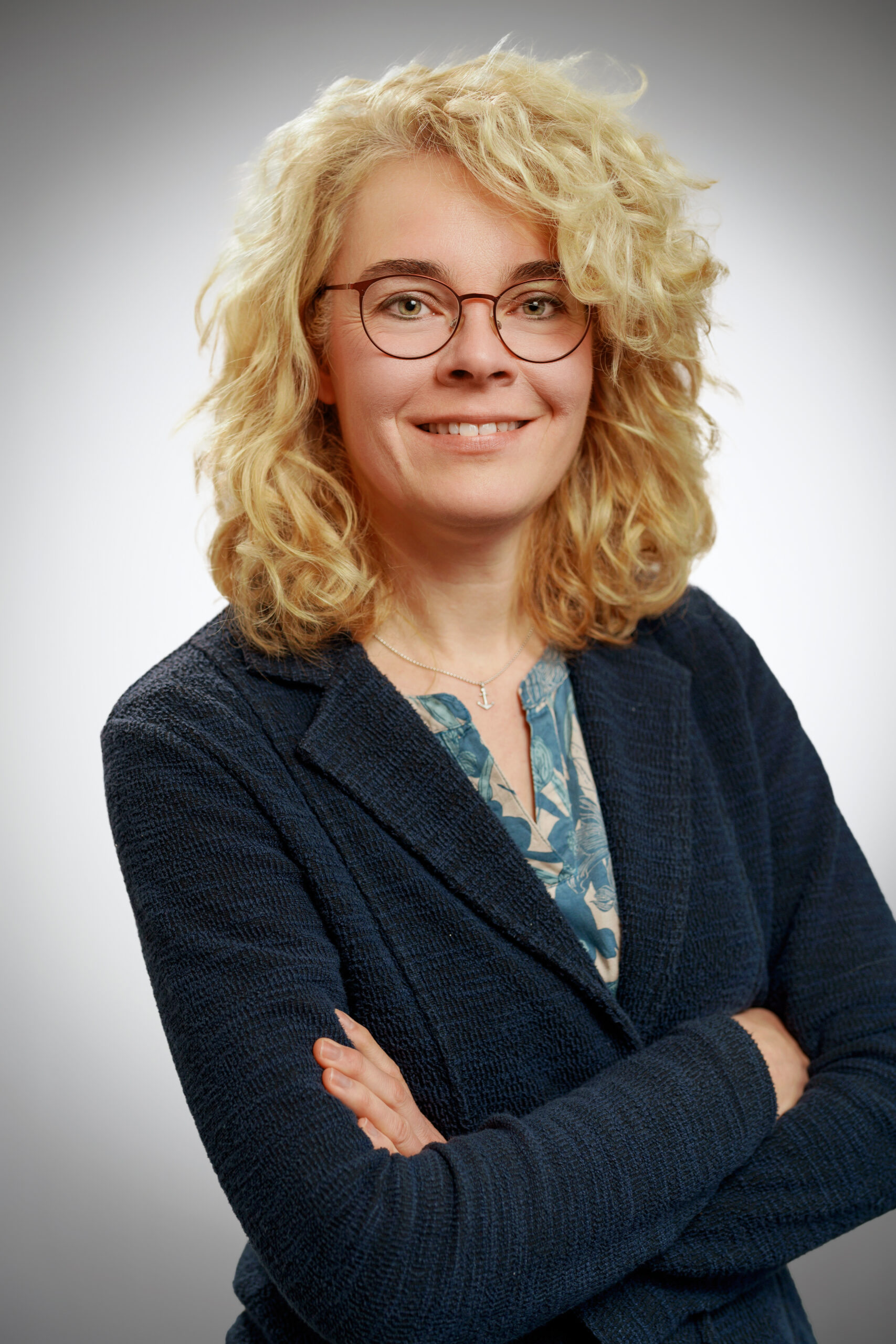
PD Dr. rer. nat. Barbara Teichert
Technische Hochschule Georg Agricola University
Herner Street 45
44787 Bochum
Gebäude 2, Raum 105
Mail barbara.teichert@thga.de


